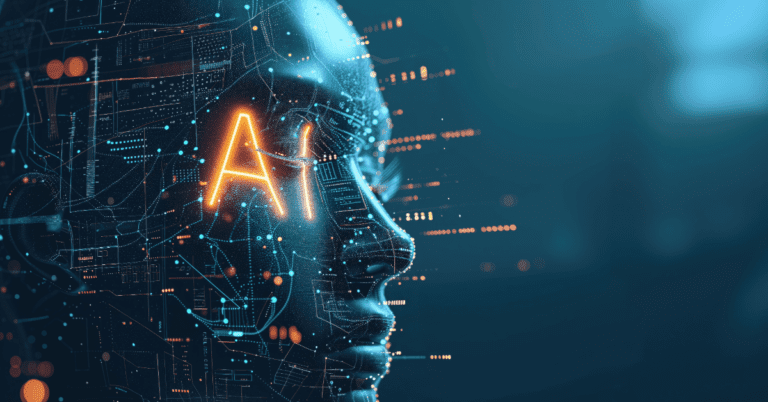
Part of AIM Consulting’s 2025 Technology Trends Series
The technological landscape is undergoing a fundamental shift as AI reshapes how knowledge workers approach solution building. As we move into 2025, the traditional role of software developers and technical professionals is evolving from code crafters to strategic solution architects, powered by AI assistance.
The Changing Nature of Development
Gone are the days when developers spent most of their time wrestling with syntax and language-specific intricacies. With Large Language Models (LLMs) now capable of generating competent code suggestions, the value of technical professionals increasingly lies in their ability to:
- Evaluate and validate AI-generated solutions
- Make strategic architectural decisions
- Ensure code quality beyond mere functionality
- Drive innovation through higher-level thinking
New Skills for a New Era
Today’s knowledge workers must develop a different set of skills to thrive in an AI-augmented environment:
Critical Evaluation
- Assessing AI-generated code for standards and style
- Identifying potential security vulnerabilities
- Ensuring transparency and maintainability
- Validating business logic
- Understanding when novel solutions are called for
Strategic Thinking
- Developing application and solution architecture
- Selecting correct cloud components
- Designing events and defining their messages in distributed systems
- Selecting components and platforms the best serve the solution
- Considering long-term maintenance
Quality Focus
- Emphasizing code readability
- Defining coding standards
- Implementing comprehensive testing strategies
- Prioritizing system reliability and performance against schedule and cost
The Human Advantage and Role of Leadership
While AI excels at solving routine problems, human knowledge workers bring irreplaceable capabilities to software development. They understand the broader business context in ways AI cannot, making nuanced architectural decisions that consider both technical and organizational implications. Knowledge workers also serve as ethical guardians, ensuring AI-generated solutions align with company values and compliance requirements.
Technical leaders must guide their teams through this transition by establishing clear standards and guidelines for AI usage while creating a culture of continuous learning. Organizations need to invest in AI-augmented development tools and evolve existing coding standards to accommodate AI collaboration. This transformation isn’t just about tools—it’s about creating an environment where developers can elevate their focus to more strategic concerns.
Looking Ahead
As we approach 2026 and beyond, the partnership between AI and knowledge workers will continue to evolve. We can expect to see new roles emerge that specifically focus on AI-human collaboration in development, along with more sophisticated tools that better understand project context and constraints. The most successful organizations will be those that maintain a balance between leveraging AI’s capabilities and nurturing their human talent’s strategic thinking and creativity.
The future belongs to knowledge workers who embrace AI as a powerful tool while maintaining their focus on delivering high-quality, maintainable solutions that drive business value. This shift up the stack isn’t just about adapting to new tools—it’s about reimagining the role of technical professionals in an AI-augmented world.
Ready to Elevate Your Development Practices?
Partner with AIM Consulting to prepare your technical teams for the AI-augmented future. Our Engineering Excellence practice can help you implement best practices and tools that enable your knowledge workers to thrive in this new era.
Contact us to begin your journey toward AI-enhanced development excellence.





